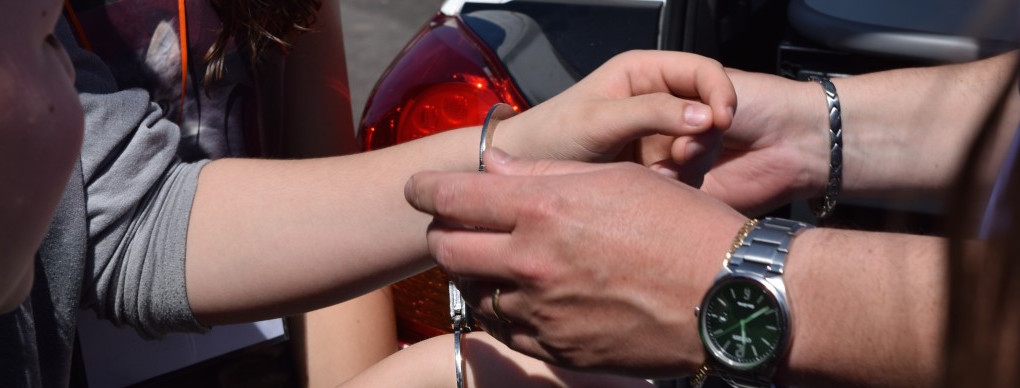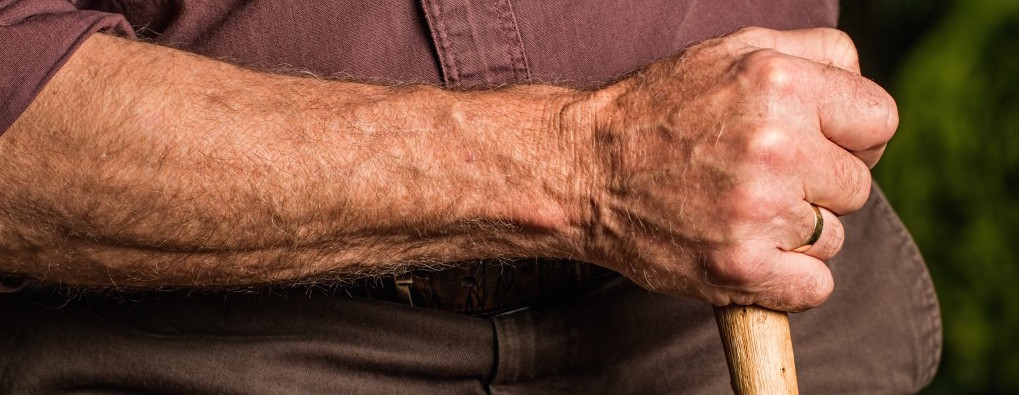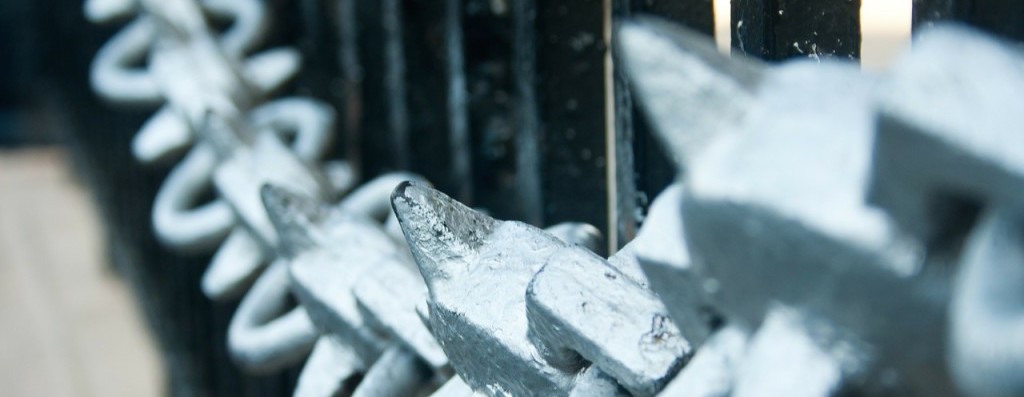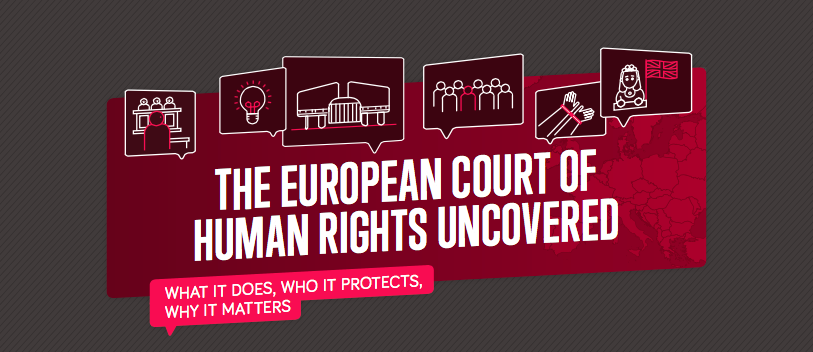So, how has the European Court of Human Rights changed our lives in the United Kingdom? Here are 11 times. How many did you know already?
1. The law protects the rights of journalists not to have to reveal their sources
In the 1996 case of Goodwin v UK, a journalist was convicted of contempt of court for refusing to reveal a whistle-blowing source for a story. It was unfair to punish journalists for doing their job to protect commercial interests. The judgment meant that courts were far less likely to force journalists to reveal their sources, whatever the justification. Read the whole story.
2. Openly gay people can serve in the Armed Forces, and we beat the Americans by a decade on that

Four gay men and women were dismissed from the Armed Forces. In 1999, the European Court decided their right to privacy had been violated. This case led to the armed forces withdrawing the long-standing ban on homosexuals serving, 10 years before a similar ban was finally removed in the United States. Read the whole story.
3. The police can’t keep innocent people’s DNA forever

The police were taking DNA profiles of individuals arrested for recordable offences, even if people were acquitted. They wanted the samples destroyed. In the 2008 case of S and Marper v UK, the European Court found the policy and refusal to destroy the samples a violation of the applicants’ right to respect for private life. The result was the Protection of Freedoms Act 2012, which means the police have to destroy biometric samples will be destroyed for minor offences after a person is found innocent. Read the whole story.
4. Homosexuality isn’t illegal any more

An Irish man had been interrogated by the local police on his sexual activities – he was gay and Northern Ireland’s law punished homosexuality. In 1983, he won his case. His right to privacy had been breached. Shortly afterwards, Northern Ireland decriminalised homosexuality. Read the whole story.
5. Phone hacking is a crime (it didn’t used to be)

Before 2000, it wasn’t illegal to spy on people’s communications on private networks, that is not British Telecom. It was the European Court that raised the alarm. In 1997, the court was critical of UK interception law in the case of Halford v The United Kingdom. Alison Halford, an Assistant Chief Constable with the Merseyside Police (and the most senior police woman in Britain) had sued the police sex discrimination. She alleged that calls made from her home and office phones had been hacked into by the police looking for information to be used against her in the case. The court said her right to an effective remedy had been breached.
The result was the Regulation of Investigatory Powers Act 2000, which modernised data interception law and made it illegal for any person intentionally and without lawful authority to intercept any transmission on a public or private. So that’s why phone hacking is illegal.
6. The police can’t stop and search us without reasonable suspicion. Which makes sense.

Two protesters were stopped and searched, without any grounds for suspicion, by the police. In the case of Gillan and Quinton v UK European Court of Human Rights said this was a violation of their right to privacy. The UK government had to review its anti-terrorism law and changed the law too. Read the whole story.
7. The police need a warrant if they want to tap our phones. Phew.

This was the 1984 case of Malone v UK. A businessman had his phone tapped by the police without a warrant. The European Court of Human Rights said this was a violation of his right to privacy. So the government introduced the Interception of Communications Act. A warrant is now needed for phone tapping by police and security services. Read the whole story.
8. Beating up your children is against the law. Which is good.

You used to be able to beat up your child, legally. Now you can’t. In the case of 1998 case of A v UK, a stepfather beat his stepson with a cane, causing him bruising. His defence was that “reasonable chastisement” was necessary to control the boy. The court said this was inhumane and degrading treatment. Which is right, isn’t it? Read the whole story.
9. Human trafficking and domestic slavery has just been made illegal. And rightly so.

A Ugandan woman was forced to work without breaks or time off. In the 2012 case of C.N. v UK, the UK was criticised for not outlawing forced labour and domestic slavery. The case led to the 2015 Modern Slavery Act. Read the whole story.
10. Our employers can’t spy on our emails without telling us

Mrs Copland found out that her employer, the principal of Carmarthenshire College in Wales had been spying for years on her correspondence, her movements and internet usage. The employer was trying to find out whether she was in an inappropriate relationship with the director. In the 2007 case of Copland v UK, the European Court agreed with Mrs Copland that there wasn’t enough legal protection for people in her situation. In fact, there was no law regulating the monitoring of employees’ emails. That changed because of the judgment. Read the whole story
11. Newspapers have freedom to report legal cases if it’s in the public interest

During a legal case about the Thalidomide disaster, the High Court stopped a newspaper from publishing articles in support of the victims. In the 1979 case of Sunday Times v UK, the European Court said that violated the newspaper’s right to freedom of expression. The significant public interest outweighed the need to uphold and injunction. Read the whole story.
For more, check out our amazing infographic – The European Court of Human Rights: What it does, who it protects, why it matters

And for more like this, check out our 50 Human Rights Cases That Changed Britain.







